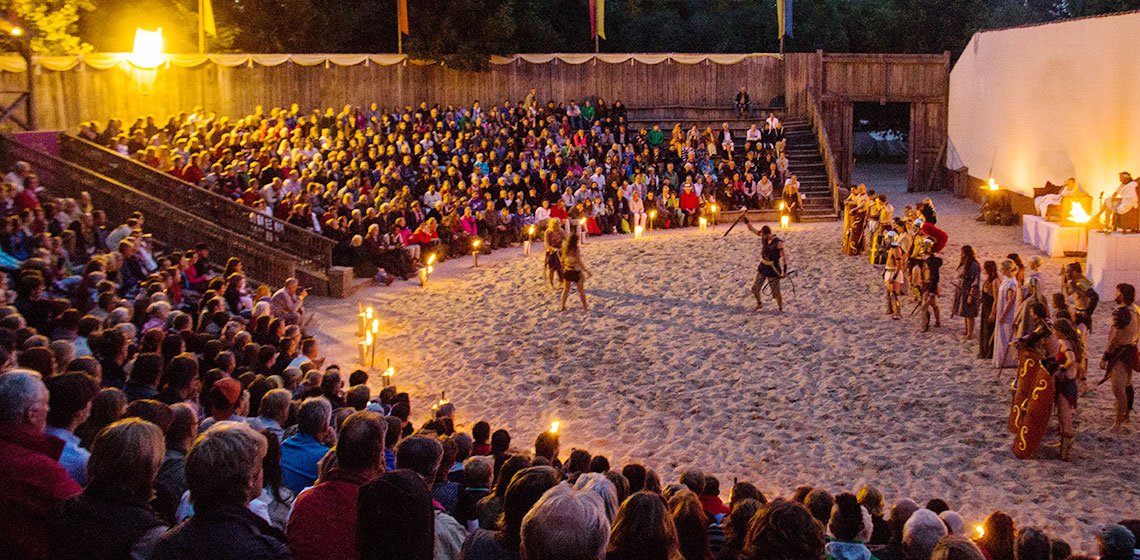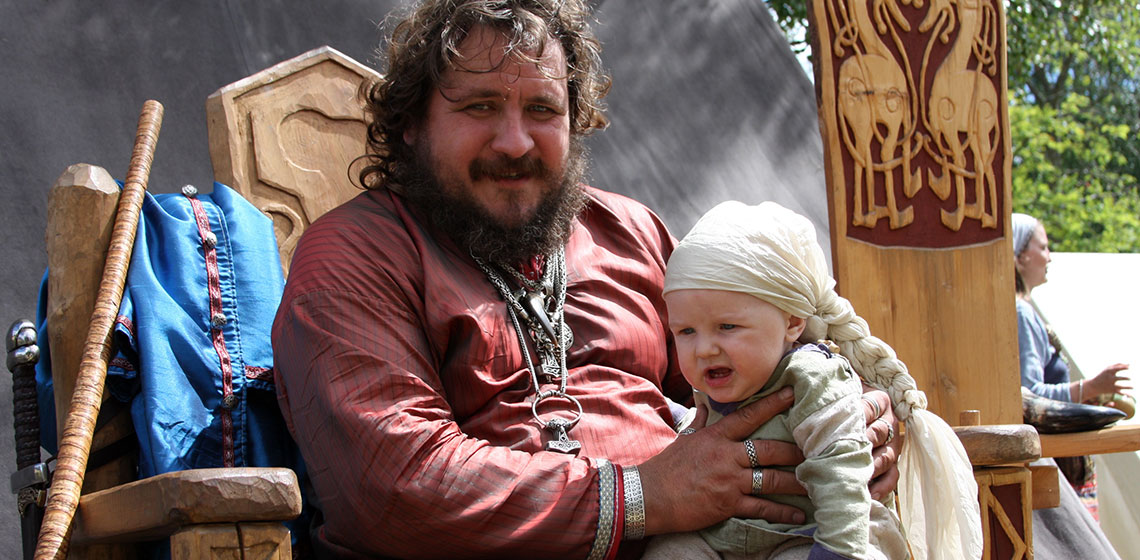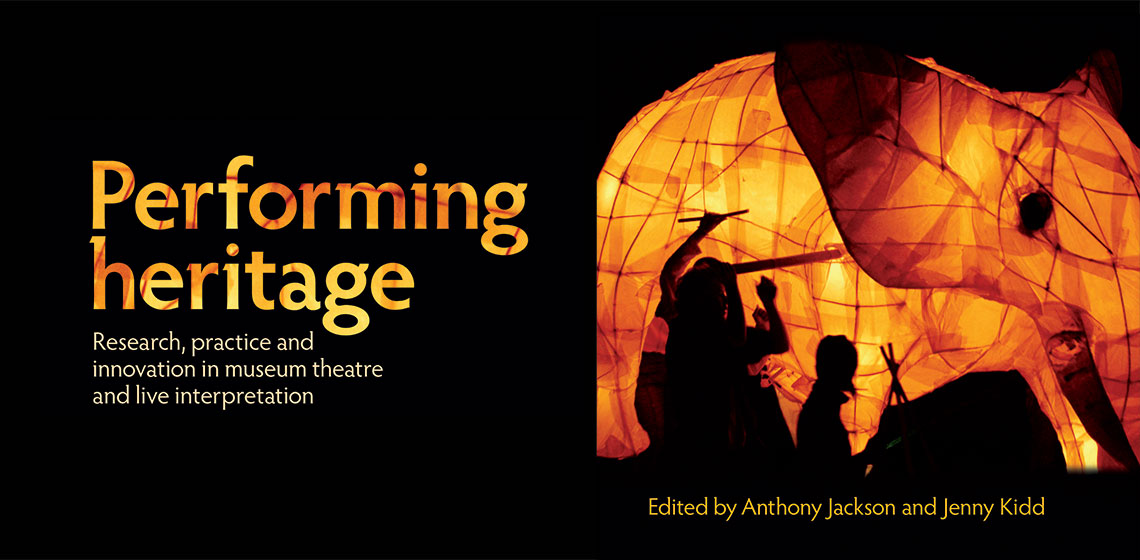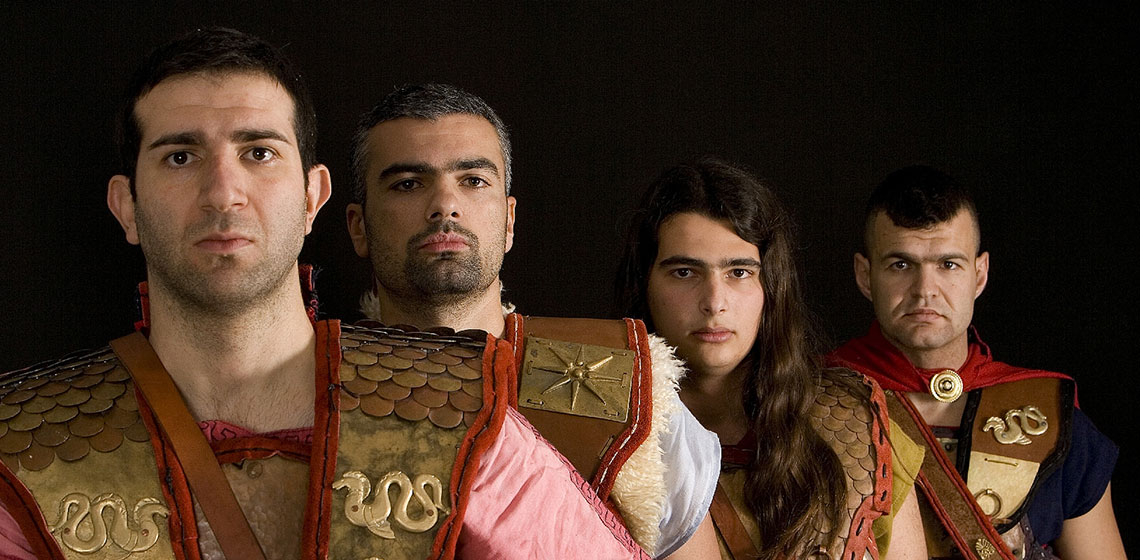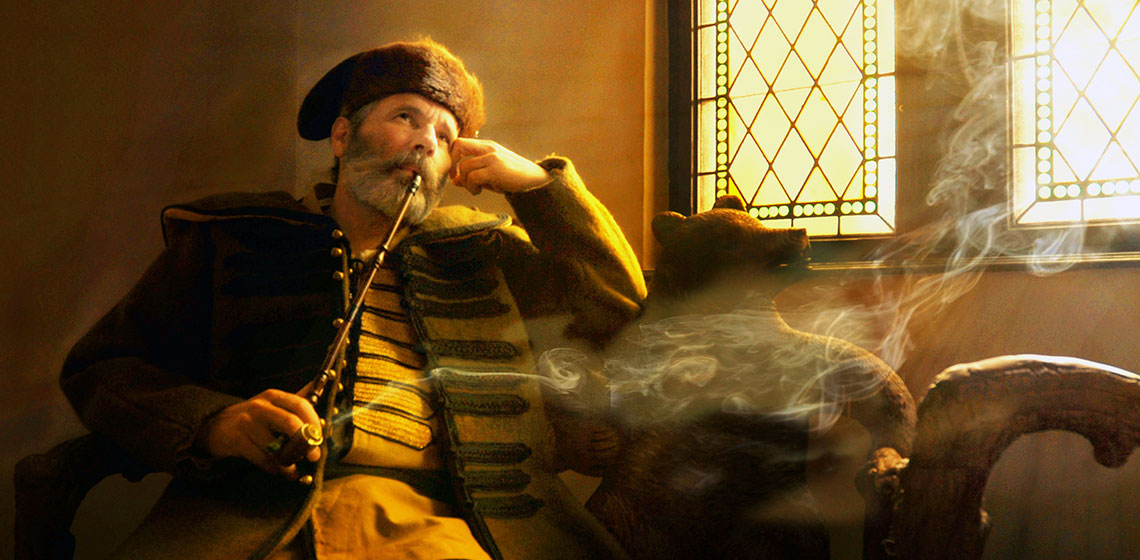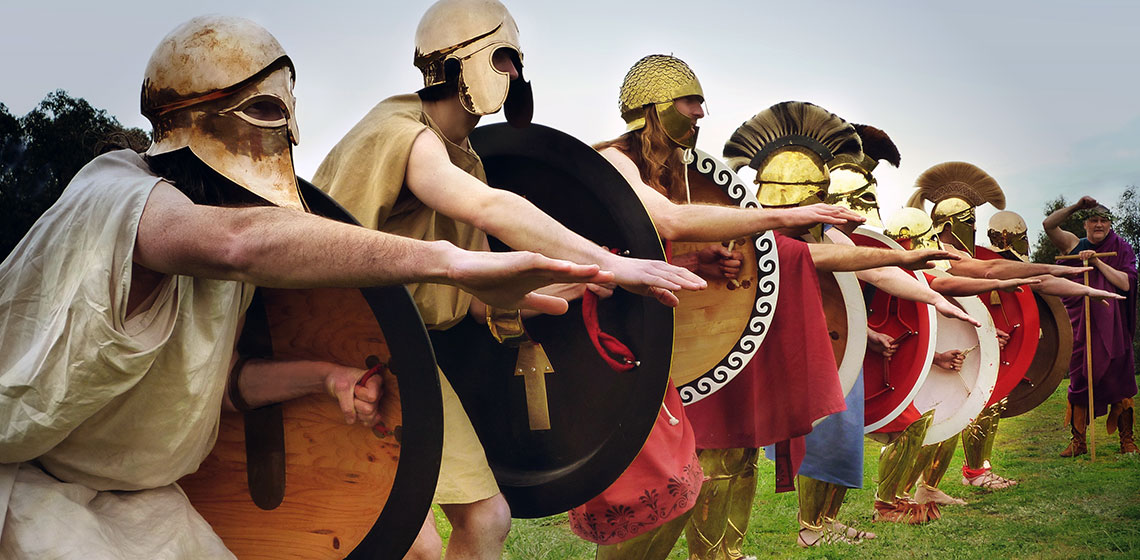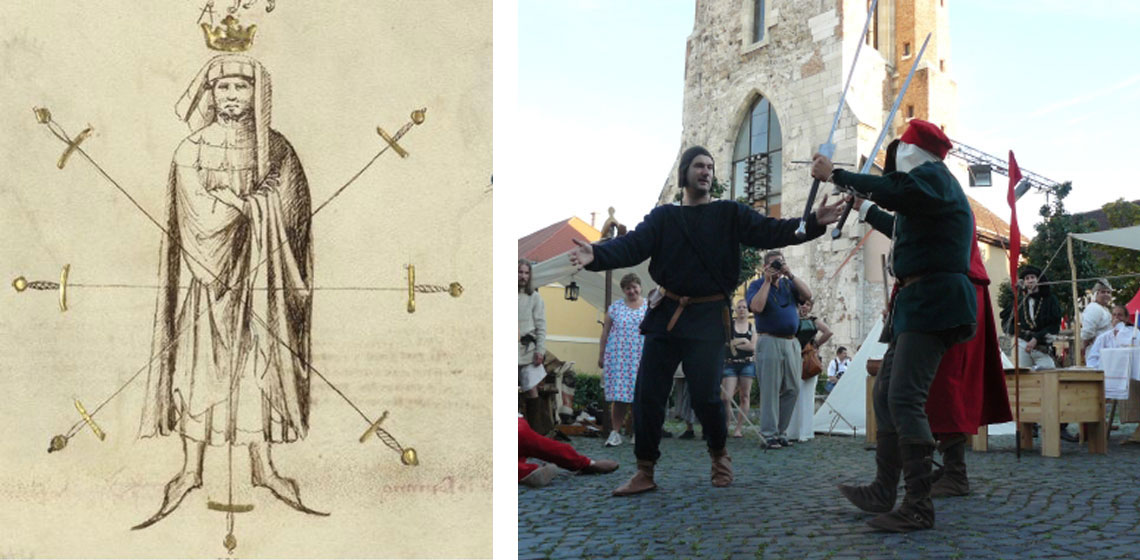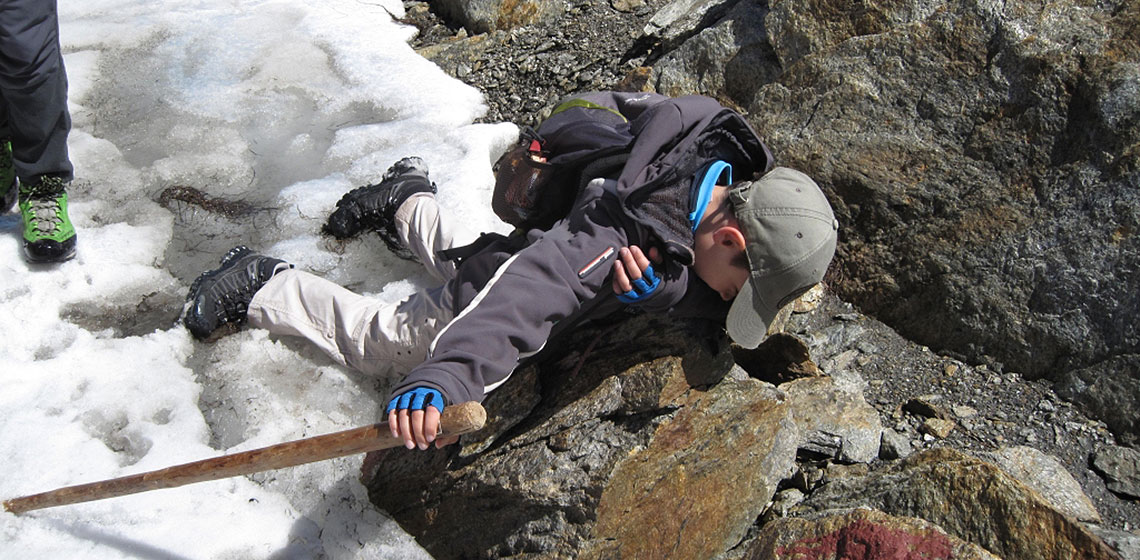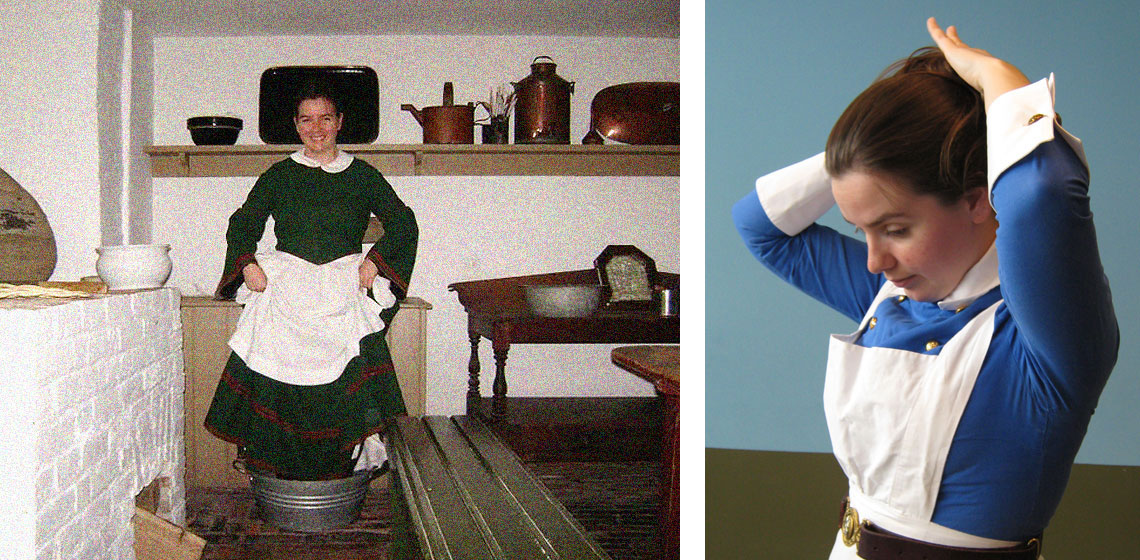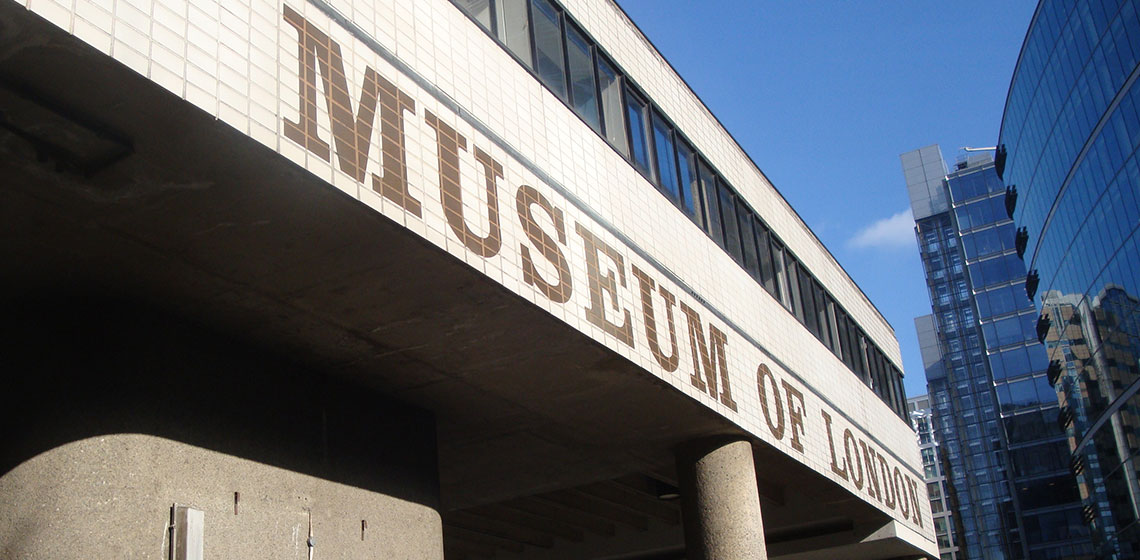living history
Putting on a Show - The How and Why of Historical Shows and Theatre in a Historical Setting or Theme-park
Publication Date
As long as people have walked the earth, stories have been told; from stories around the campfire told by older people to entertain and educate the young, to 15th century knights dressing up as Romans during themed tournaments. Telling a story is putting on a little show; a show is a great way to tell a story...
Including Spartacus in Archeon by Erik Collinson
Obituary: Mats Geschwind, Founder of Storholmen Viking Village (20 May 1961 - 25 May 2014)
Publication Date
The Viking Village Storholmen is an archaeological open-air museum, beautifully situated near Lake Erken, ten kilometres north of the coastal town of Norrtälje, Roslagen, Sweden. The Viking Village is situated in an exciting and historically important region that shows traces of substantial connections throughout the Baltic Sea and further east...
Book Review: Performing Heritage: Research, Practice and Innovation in Museum Theatre and Live Interpretation by Anthony Jackson & Jenny Kidd (eds)
Publication Date
This useful text brings together recent thinking about museum theatre and the performance of heritage, offering a range of international case studies to its readers as evidence of the discipline’s usefulness in interpreting the past for visitors...
Interview: the Association of Historical Studies Koryvantes
Publication Date
“The Koryvantes Association was founded in 2009 by people with a background in the study of ancient Greek warfare who were not satisfied by the level of reconstructions undertaken so far in Greece and internationally and who wished to ultimately adopt a framework based on experimental archaeological methodology...
Interview: Scientific Tools Applied within Archaeology and Historical Re-enactment: Dr Gábor Szollosy on the Implementation of Experimental Archaeology in Hungary
Publication Date
How do you personally approach the concept of experimental archaeology?
Experimental archaeology - in my opinion - has the main and only aim to find answers to questions where classical archaeological methods fail to find them.
Interview: Ancient Hoplitikon, "Poorer Cousin" to History Academia or alternative XXI Century Interpretation of History?
Publication Date
I liaise with a number of living history groups globally, which all share the same aims and objectives of researching and actively pursuing experimental archaeology related to Ancient Greece and Rome. By networking, we create a foundation of knowledge that meets our framework for understanding the past, whether it be military martial arts, polytheism...
Historical European Martial Arts (HEMA) and Reenactment - Concept, Problems, Approaches in Our Experience
Archaeological Live Interpretations, Docu-Soaps and Themed Walks: Similarities and Differences
Publication Date
2013 EXARC meeting at Csiki Pihenökert (HU)
***Since the 1990s, experience-oriented historical communication has been steadily increasing. Yet in-depth research of forms of historical representation and acquisition such as museum theatre, themed walks, or time travel within docu-soaps has remained minimal. Beginning in 2011/12, the fellows of the interdisciplinary research project, Living History...
***Since the 1990s, experience-oriented historical communication has been steadily increasing. Yet in-depth research of forms of historical representation and acquisition such as museum theatre, themed walks, or time travel within docu-soaps has remained minimal. Beginning in 2011/12, the fellows of the interdisciplinary research project, Living History...
Interpreting the Interpreter: is Live Historical Interpretation Theatre at National Museums and Historic Sites Theatre?
Publication Date
In his 2007 book, Living History Museums: Undoing History through Performance, Scott Magelssen describes the various reactions to his main line of enquiry: is historical interpretation theatre?
“You could See it [the Past] in your Mind”: What Impact might Living History Performance Have on the Historical Consciousness of Young People?
Publication Date
Combining theoretical perspectives with two case studies carried out in 2008 with British students aged from 10-17 years old, this paper will explore how living history might contribute to the development of young people’s historical consciousness and help them to cope with the social and cultural differences which confront them when learning about the past. In particular, it will focus on the effectiveness of first- and third-person interpretation.

